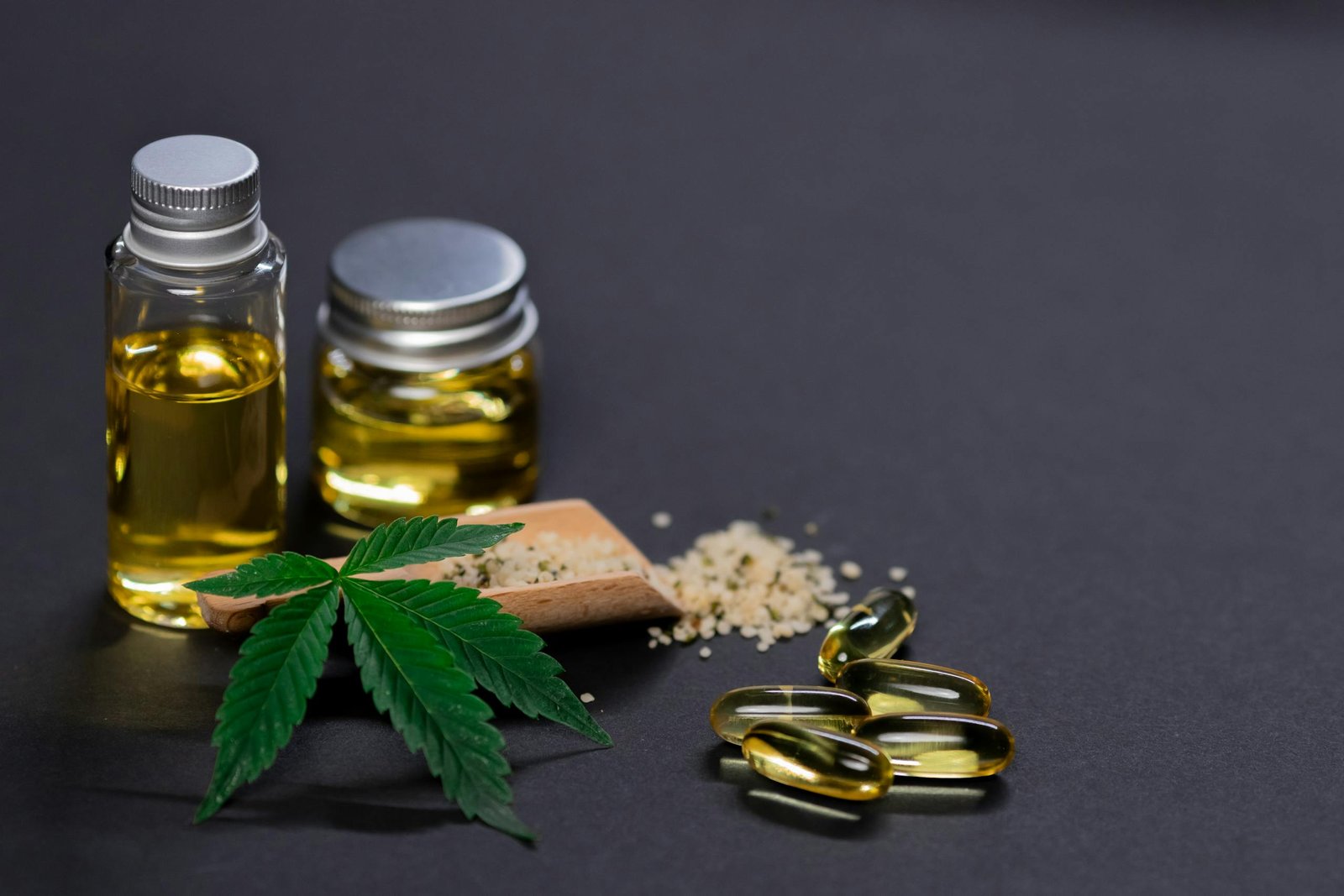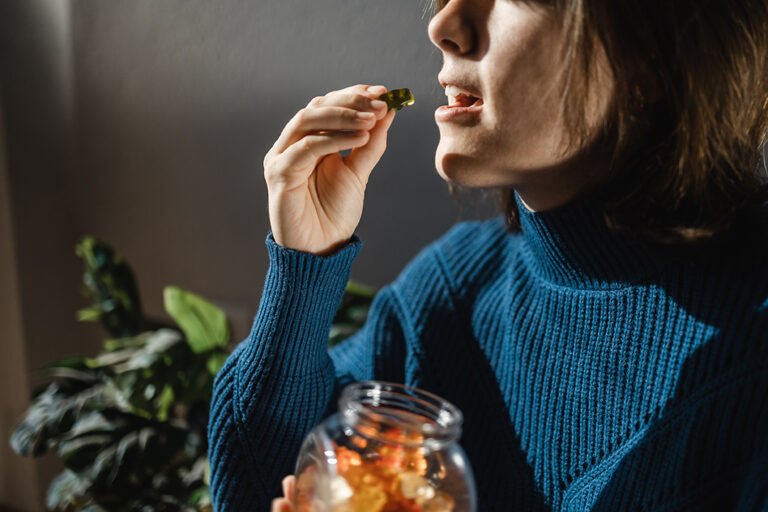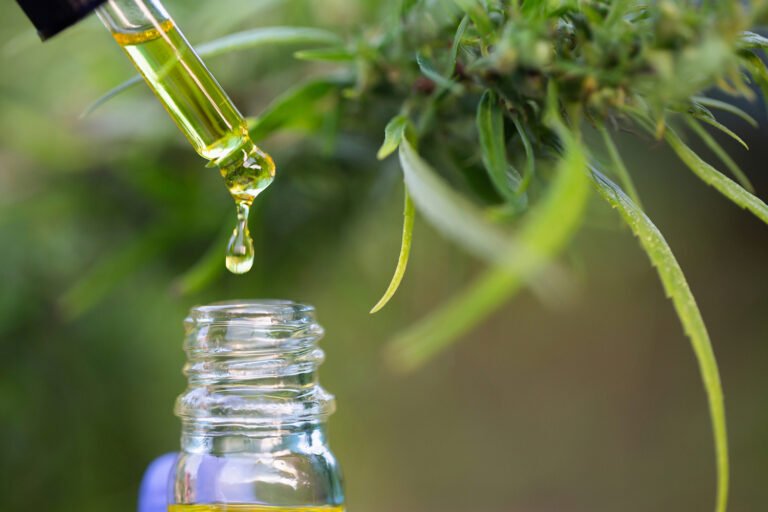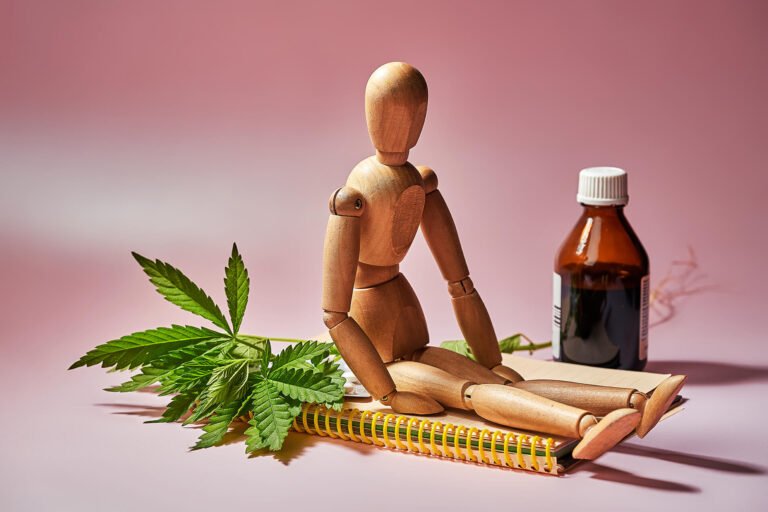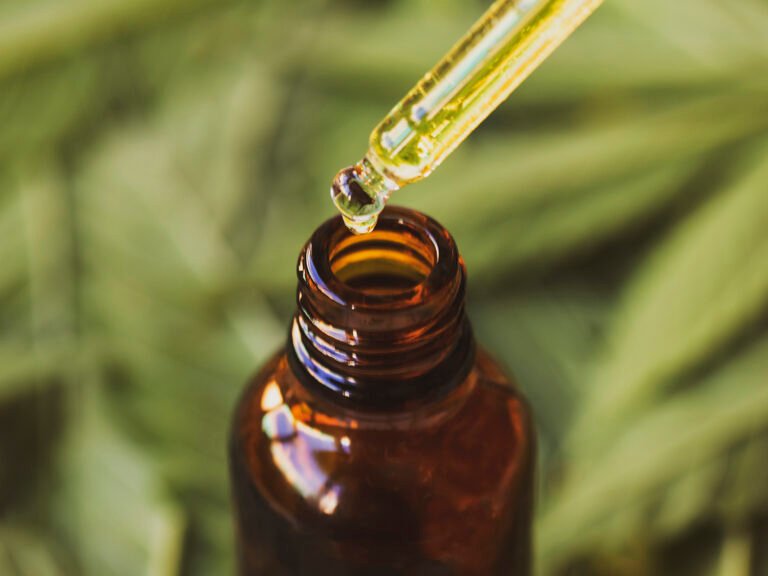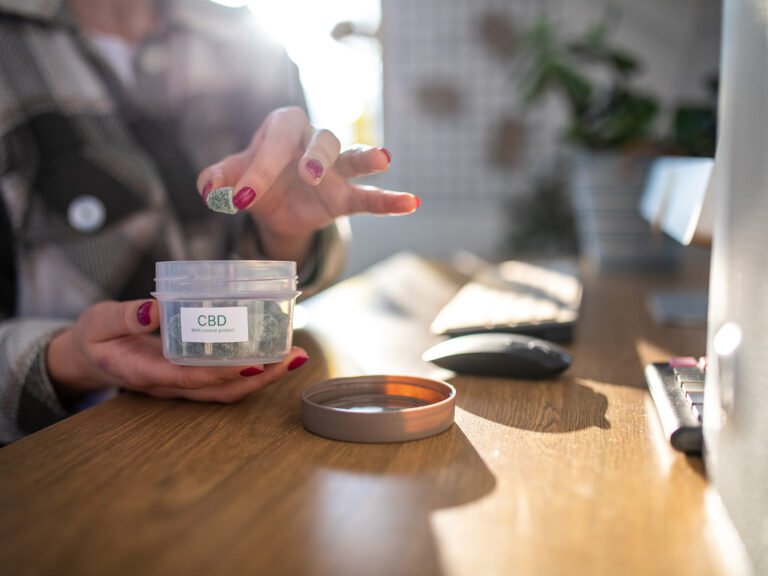What Is CBD? Breaking Down the Mystery of Cannabidiol
Here’s a question for you: How can something extracted from a plant spark so much curiosity, confusion, and controversy all at once? Enter CBD, short for cannabidiol, the cannabis compound that’s shaking up wellness aisles everywhere. From oils and gummies to face creams and lattes, it’s hailed as a miracle remedy for just about everything. But is CBD everything it’s cracked up to be? And how do you know what’s legit versus what’s just hype?
If you’re sitting there scratching your head, don’t worry. You’re not alone. CBD is one of the least understood and most misunderstood products on the market today. We’re here to cut through the noise, add some clarity, and sprinkle in some humor about why your aunt is obsessed with that peppermint CBD tincture she keeps posting on Facebook.
First Things First – What Exactly Is CBD?
CBD, or cannabidiol, is a naturally occurring compound found in cannabis plants like hemp and marijuana. But before you start assuming any CBD product will leave you singing Bob Marley tunes, you should know this crucial fact—it won’t make you high. The psychoactive compound responsible for those effects is THC (tetrahydrocannabinol). CBD is more like THC’s chill, non-buzz-inducing cousin who shows up to family gatherings with herbal tea and talks about yoga.
CBD interacts with the body’s endocannabinoid system (yes, that’s a thing—science is fun, isn’t it?), which helps regulate functions like sleep, pain, and mood. It’s why people believe it has wellness potential, from soothing anxiety to easing chronic pain. But while CBD has promise, it’s not a one-size-fits-all miracle. And that leads us to our next topic—clearing up some common misconceptions.
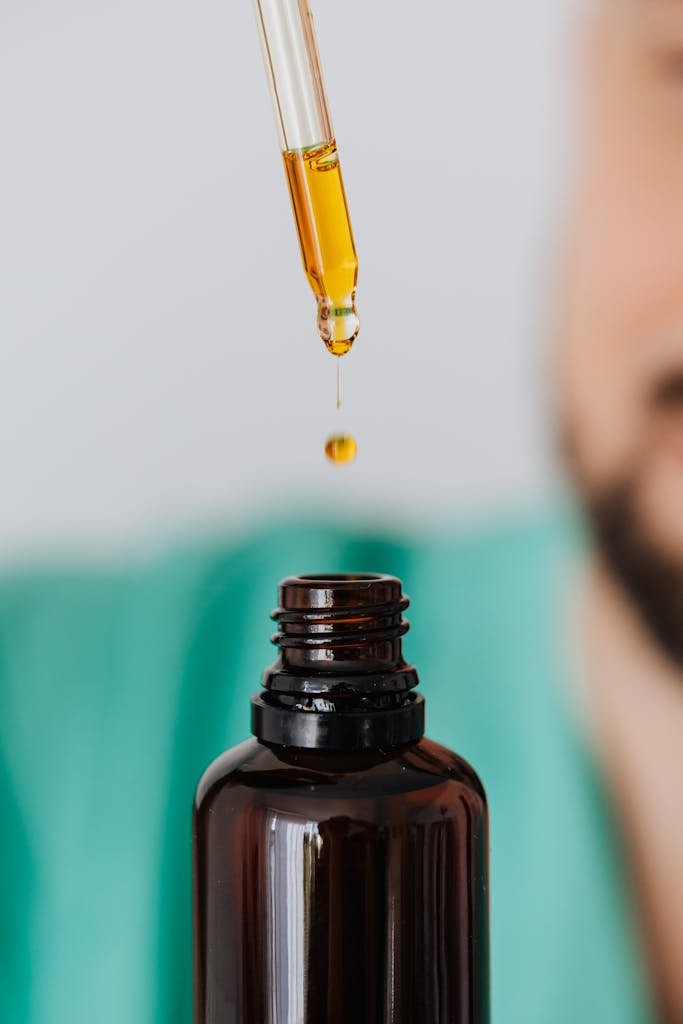
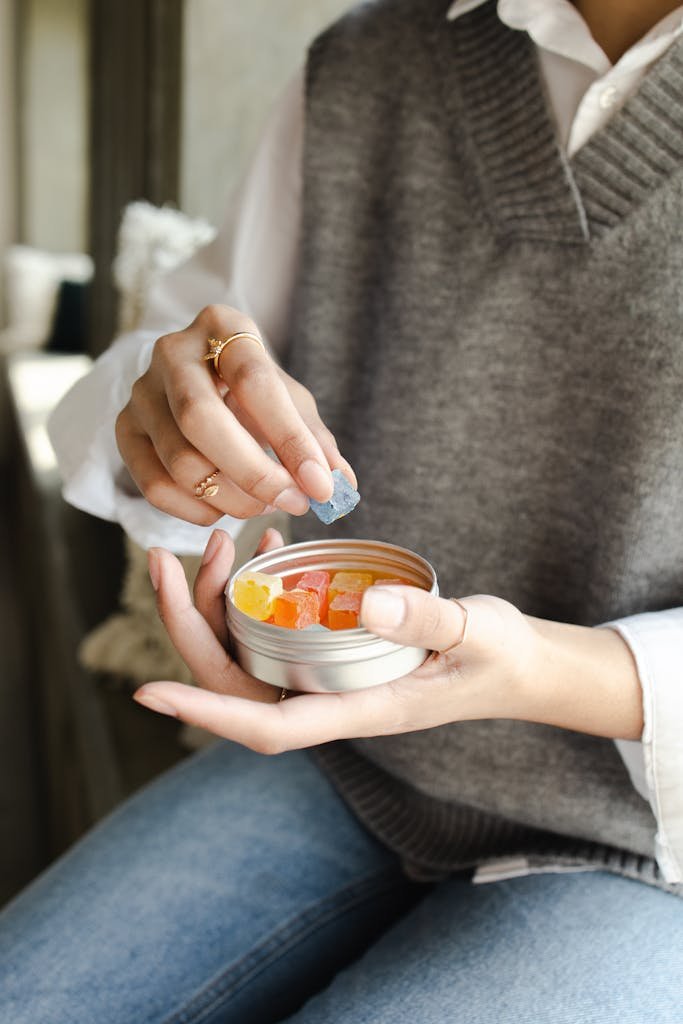
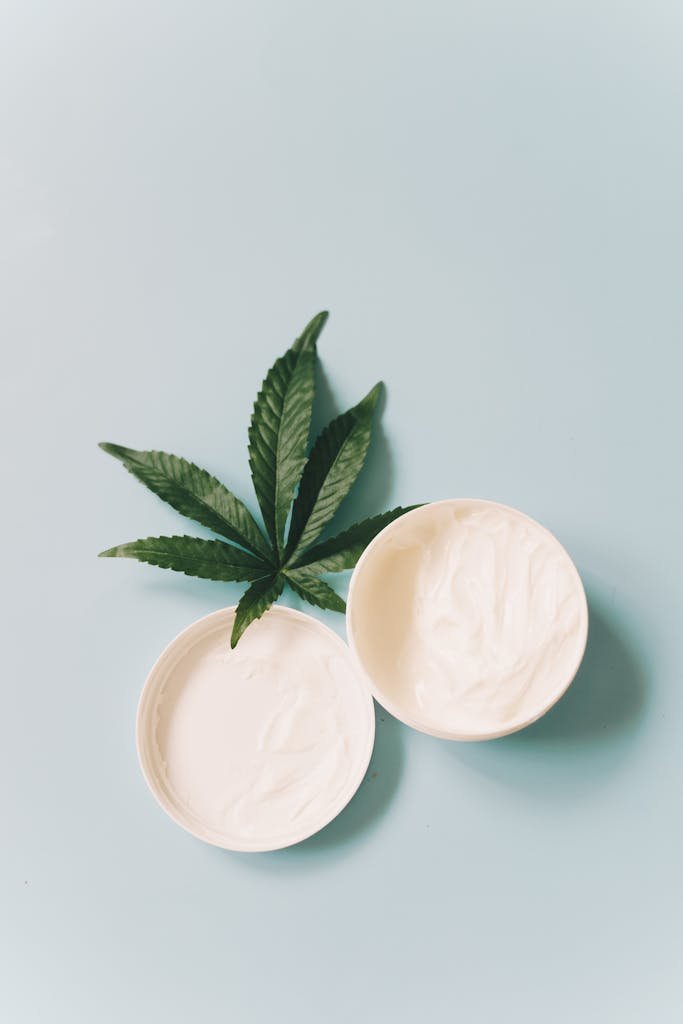
The Elephant in the Room: CBD Isn’t a Cure-All
Sure, CBD delivers some impressive benefits, but it won’t magically fix everything from a headache to existential dread. The industry has a bad habit (pun intended) of overselling its magic. Current scientific research suggests CBD may help with specific conditions like anxiety, epilepsy (hello, FDA-approved Epidiolex), and some inflammation-related pain.
But claims that it can cure cancer, fix your bad dating habits, or make you a morning person? Those are either not scientifically proven or overly inflated. Preliminary research shows promise, but for now, think of CBD as part of your wellness toolkit—not the entire toolbelt.
The Quality Conundrum – Not All CBD Is Created Equal
Here’s where things get tricky. CBD’s rapid rise in popularity has created a Wild West scenario where “high-quality” products sit next to stuff you wouldn’t give your houseplant. The lack of standardization in production means there’s significant variation in quality, potency, and, quite frankly, honesty.
A recent study revealed that manufacturers mislabeled over 60% of CBD products on the market, with some containing less CBD than advertised—or, even worse, none at all. Yikes. Signs of a quality product include lab-tested results (look for brands with a clear Certificate of Analysis), clarity about the hemp source, and no outrageous health claims. If the label says the product “cures” anything, run faster than someone chasing you with essential oils.
The Legal Landscape – Where Does CBD Stand?
Now, about that legality question you’ve been wondering about since the beginning… The legal status of CBD varies significantly depending on where you live.
- United States: Thanks to the 2018 Farm Bill, hemp-derived CBD with less than 0.3% THC is federally legal. However, state laws can be a mixed bag. Some states strictly regulate CBD products; others might make you feel like you’ve smuggled contraband across borders.
- Internationally: CBD laws vary widely worldwide. For instance, it’s widely accessible in Canada and parts of the EU, but heavily restricted or outright illegal in places like Singapore.
Translation? Check your local regulations before grabbing that lip balm infused with “hemp love.” The legal nuances can be as complex as assembling IKEA furniture.

Consumer Challenges – Cutting Through the Noise
For consumers, the biggest hurdles with CBD boil down to three main issues:
- Misinformation: Everyone’s heard a tall tale about CBD. Maybe it’s the neighbor who claims it cured their dog’s arthritis or the influencer crediting it for their flawless skin and 12-hour workdays. Separating fact from fiction requires doing your own research. (Pro tip: Peer-reviewed studies are your friends.)
- Lack of Consistency: Your CBD product should be like a good friend—reliable and straightforward. The industry’s lack of standardization means you’ll often encounter products with wildly inconsistent quality or potency. It’s best to stick to reputable brands backed by third-party testing.
- Scientific Gray Areas: Research on CBD shows potential but remains limited. While thousands rave about its benefits, the lack of large-scale clinical trials means the science is still catching up.
The Future of CBD – Cause for Optimism
Despite the challenges, there’s a lot to be optimistic about in the CBD space. Scientists are ramping up efforts to understand how it works and where it fits best in the wellness landscape. The industry is also pushing for more transparency and standardization, which means better products and more educated consumers in the future.
And for the record, we’re cheering for a future where every consumer knows what they’re buying—and why it might help them sleep through their partner’s snoring.
Final Sip (Or Drop?)
CBD has come a long way, and its potential is only just beginning to unfold. With ongoing research and a growing push for higher standards within the industry, the future looks bright for both consumers and innovators. Imagine a world where understanding it is as straightforward as reading a grocery list—no confusion, just clarity and confidence. While there’s still much to learn, the progress so far hints at a future where wellness options are more accessible, effective, and tailored to individual needs. And yes, maybe a little quieter at night.
CBD has a lot of potential, but navigating the market requires a mix of curiosity and skepticism. If you’re new to the world of CBD, start small, ask questions, and choose reputable brands dedicated to quality and transparency.
Disclaimer: This article is for informational purposes only and should not be considered medical advice. Always consult with a healthcare professional before starting any new supplement or treatment.

